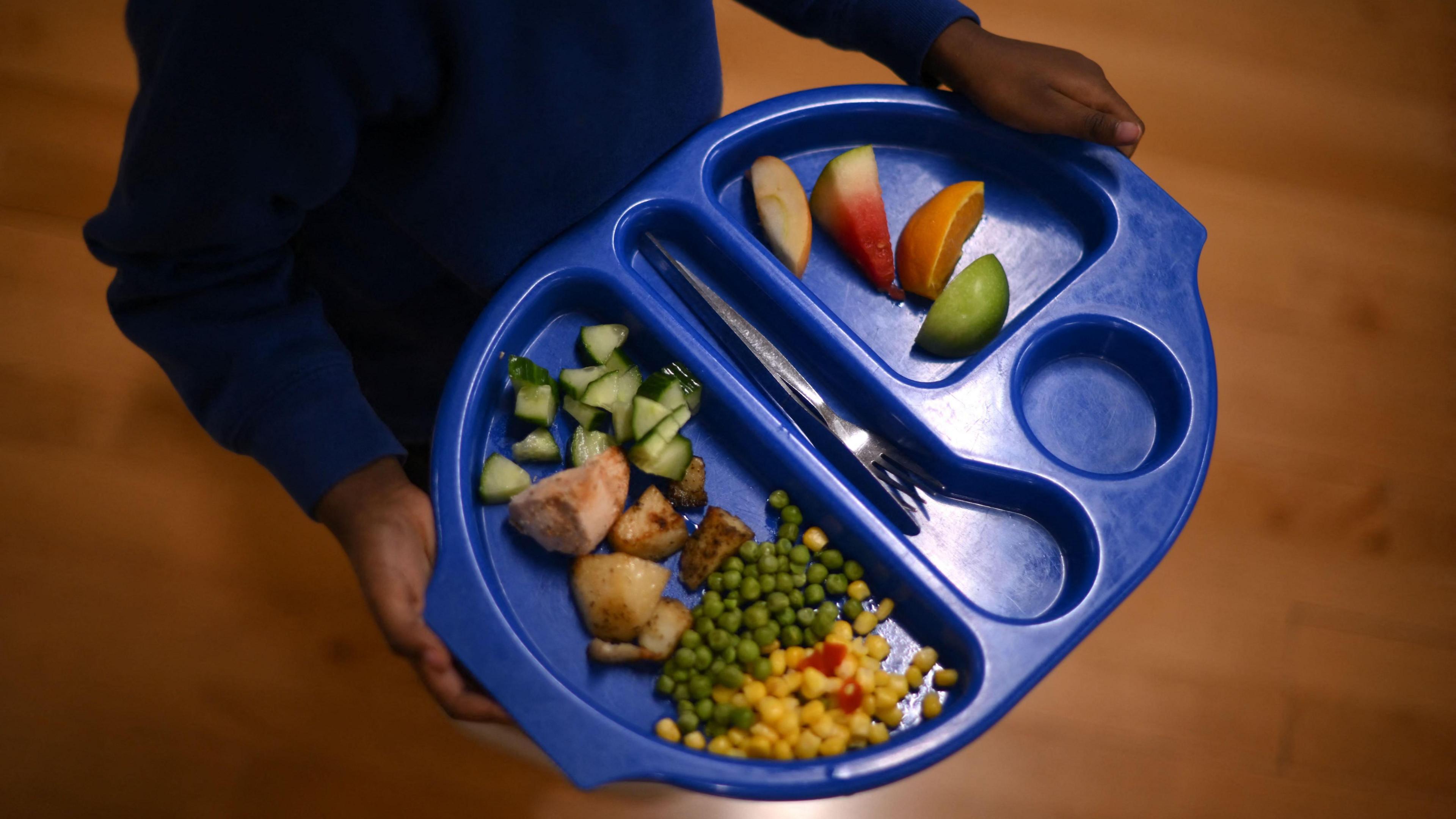Free breakfast clubs open at Cornwall schools
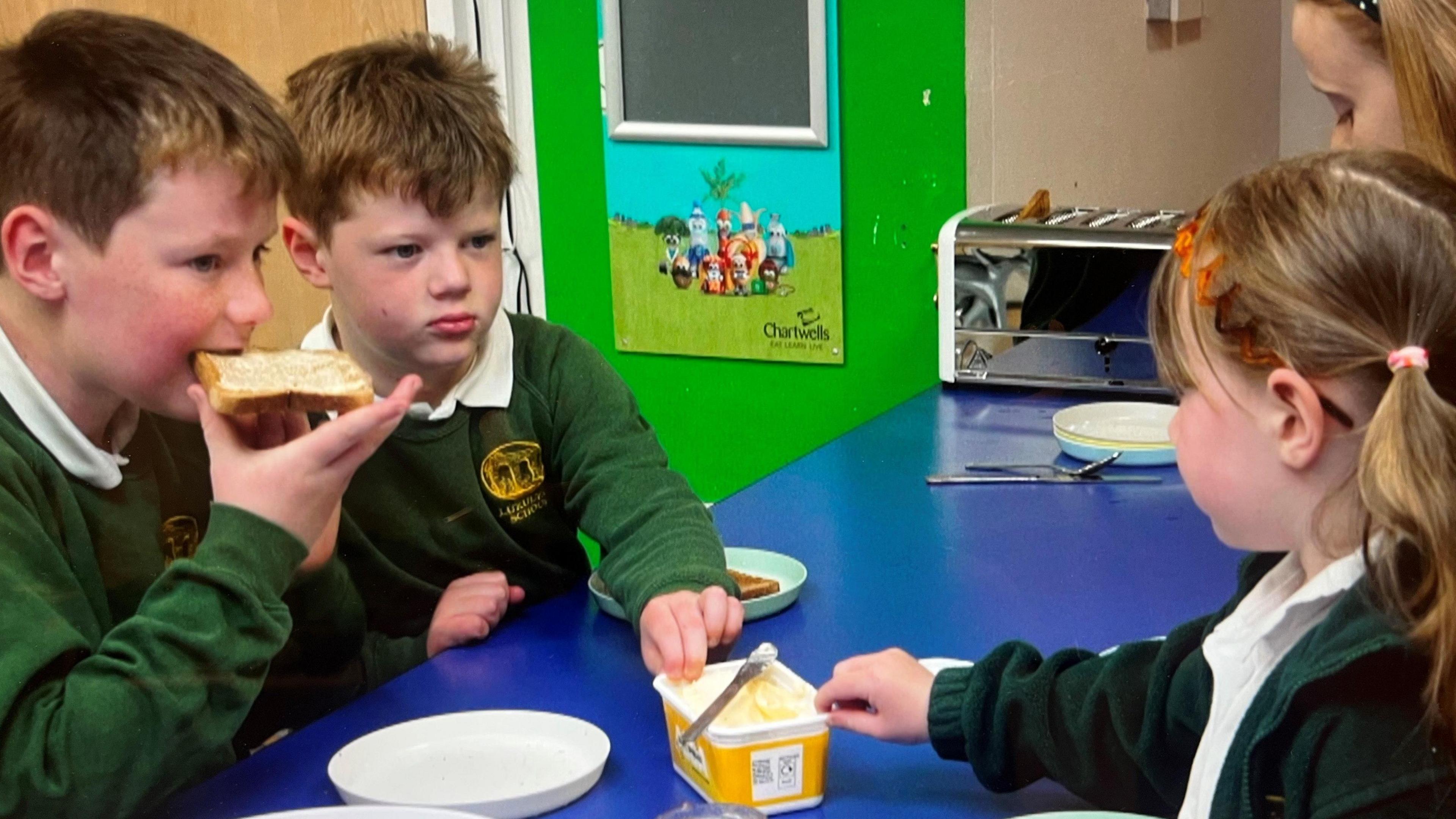
More pupils in one group of Cornish schools are attending breakfast clubs since the government-funding started
- Published
The launch of government-funded free breakfast clubs has more than doubled attendance before lessons at a group of five primary schools in Cornwall, school leaders say.
Parents at schools taking part in the pilot scheme can access 30 minutes of free childcare.
Schools in the Cornwall Education Learning Trust said they had 183 pupils attending breakfast clubs within the first few weeks, compared to 90 before the government funding.
Teaching unions have raised concerns, saying funding is too low, but Education Secretary Bridget Philipson said it could help "break down barriers to opportunity".
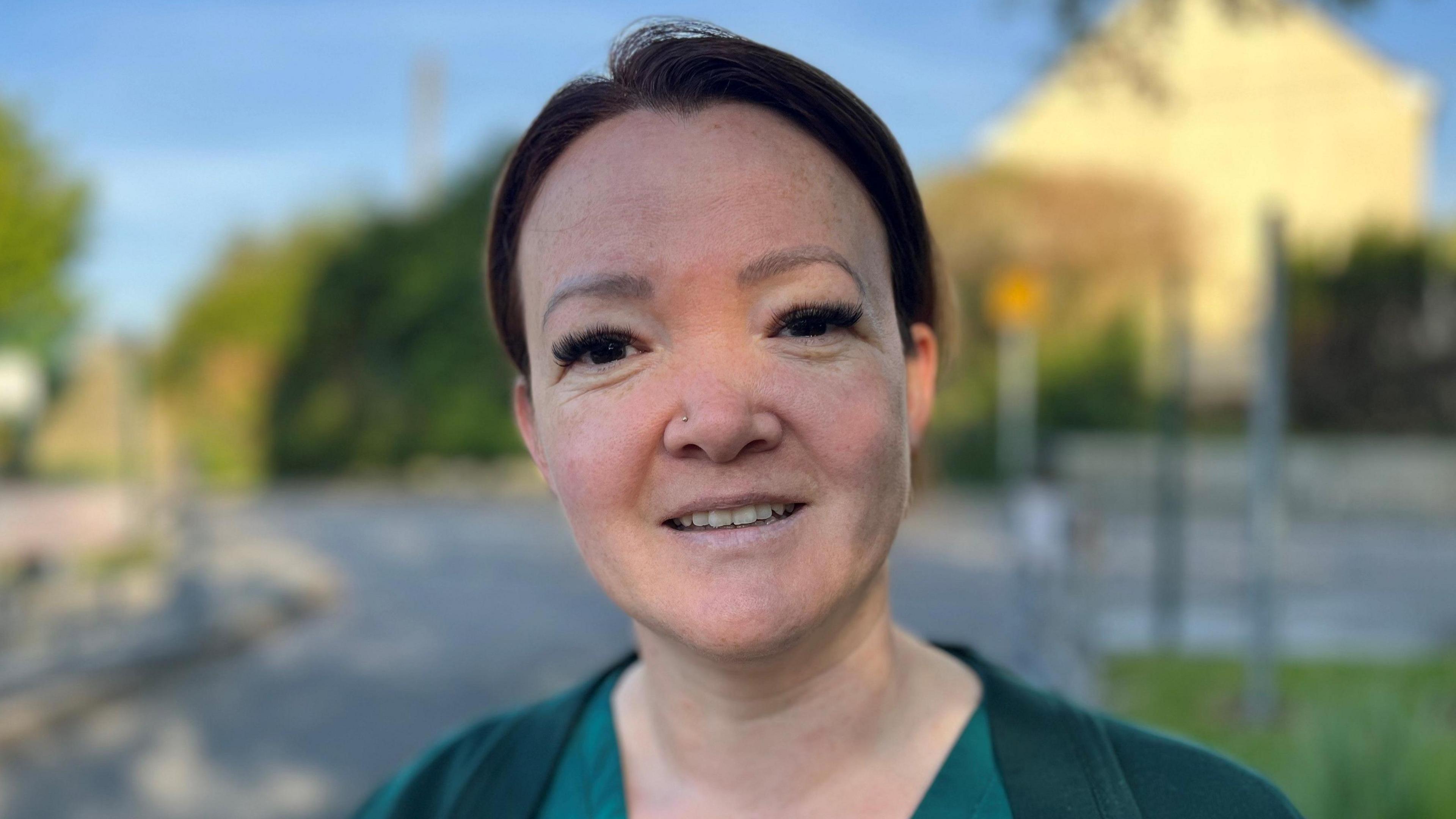
Working parent Kayleigh McCormack said the free club was a "godsend"
Dropping off her daughter on her way to work as a veterinary nurse, Kayleigh McCormack said she would be saving £43 a month.
"It's a huge saving and, to know that she's happy to go in and she has something to eat while she is there, it is really good," she said.
A teaching assistant at another school, Claire Wells, said she used the free breakfast club for her son and daughter and it "really eases the financial burden".
"Before this, the breakfast club was costing me about £200 a month for both the children, but now that money has been freed up," she said.
One of two staff running the breakfast club, teaching assistant Gemma Weir, said before it was free they "averaged about five or six pupils a day".
"This week we are averaging around 18, so that's amazing," she said.
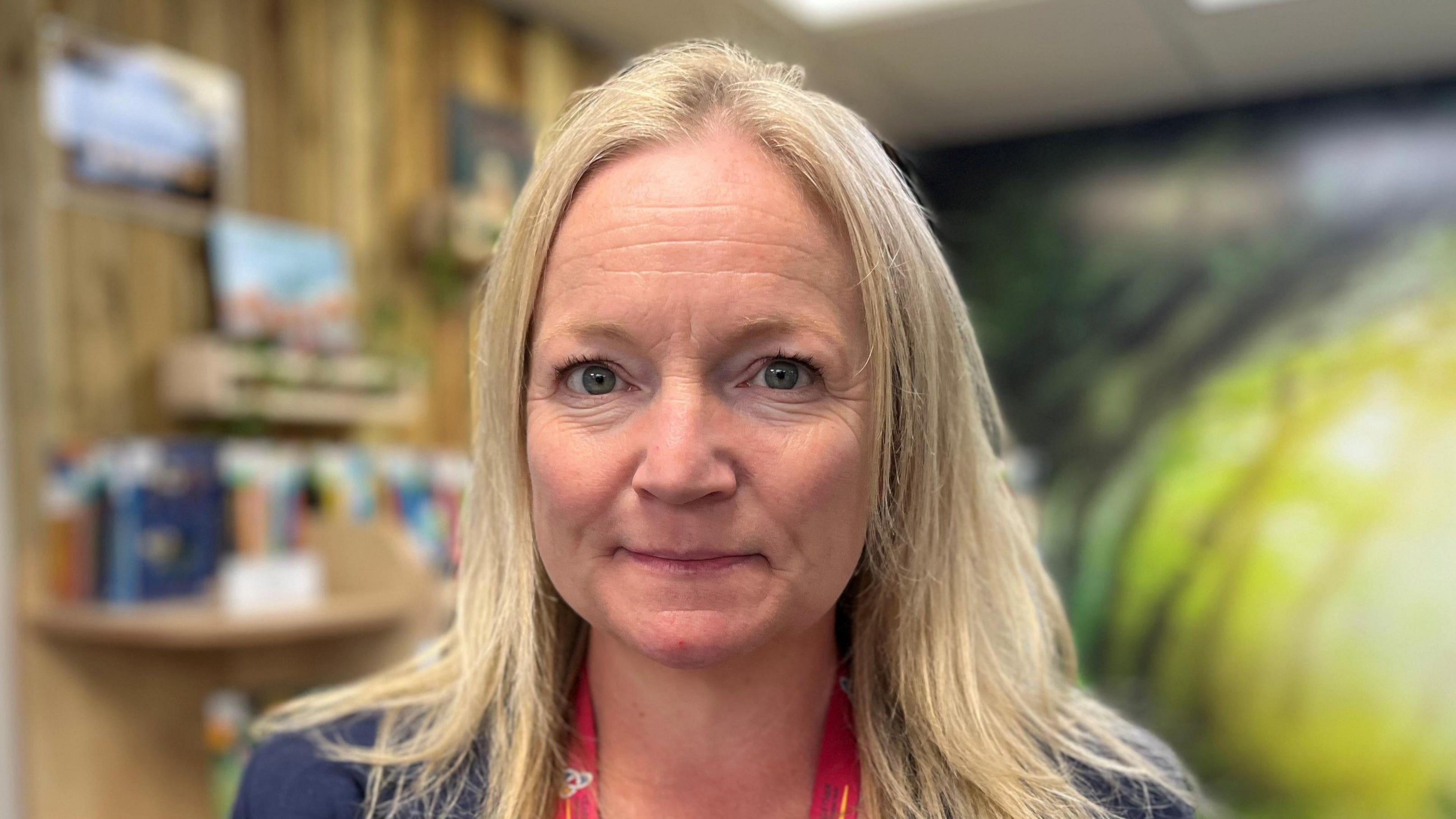
Claire Bunting from the Cornwall Education Learning Trust said there have been funding concerns nationally
Claire Bunting is the Cradle to Career Lead at the Cornwall Education Learning Trust, which has the five schools taking part in the pilot, including Luxulyan.
The other schools are: Mount Charles, Carclaze, Lostwithiel and Fowey.
She said: "We have been prudent with how we are running this because, obviously, we don't want to use our main school funding to supplement it.
"This is why the trial is so important because then we can get it right when the national roll-out comes and we know we can fund it appropriately."
Luxulyan School head teacher Nathan Cooper said the pilot scheme had improved punctuality and the early "soft start" helped some children that "maybe struggled to come into school on some days".
He said: "All schools are under pressure with budgets, which is why being an early adopter is good to pave the way and see whether this is a viable financial option in the long-term."
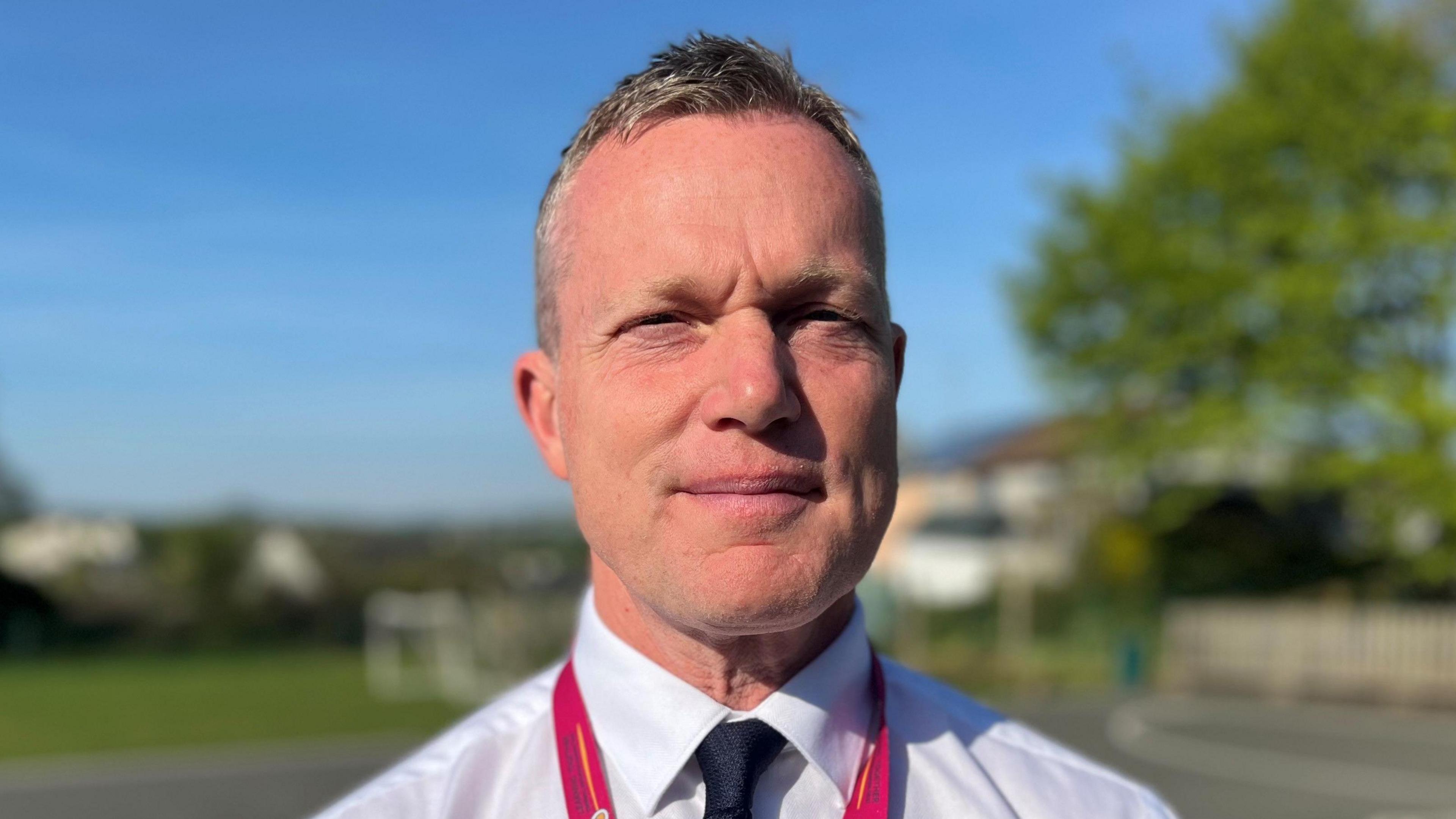
Luxulyan head teacher Nathan Cooper says he hopes more parents and pupils will make use of the free club
About 750 schools in England are taking part in the pilot, which will run until July, after which the programme is expected to be rolled out nationally.
Devon has the most schools in the trial programme, with 25 signed up, while, in Cornwall, there are currently 15 schools offering the daily half-hour session.
A spokesperson for the Department for Education said: "Allocated funding covers early adopter food, delivery and staffing costs and is based on previous breakfast club schemes, and discussions with schools who run breakfast clubs, and standard school staffing rates.
"The funding rates vary depending on up-take and pupil characteristics, so an average school with 50% take-up on the early adopter scheme would receive around £23,000 for a full year.
"All schools will receive £500 to cover initial set-up costs and a lump sum of at least £1,000 a term, regardless of how many pupils will be in attendance."
Follow BBC Cornwall on X, external, Facebook, external and Instagram, external. Send your story ideas to spotlight@bbc.co.uk, external.
Related topics
- Published20 April

- Published28 February
